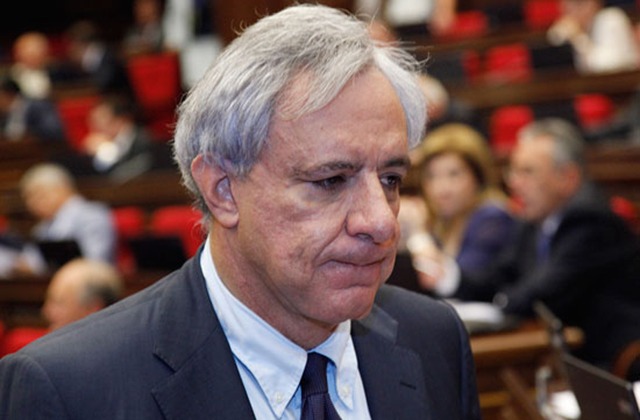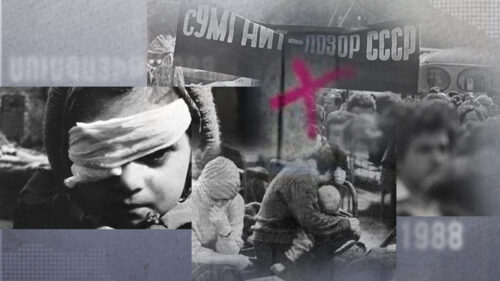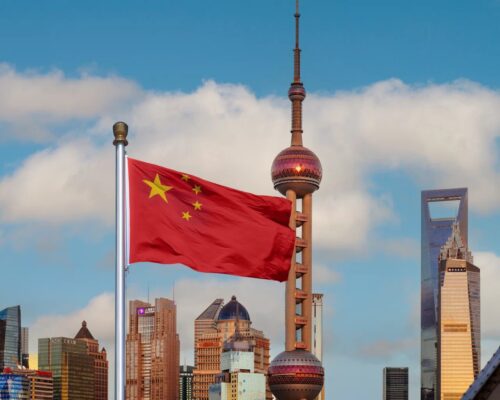
No proclamation from Yerevan—or Baku—can extinguish the historical truth or legal reality, says Vartan Oskanian
I understand that public attention is currently focused on the mass detentions taking place in Armenia. Nevertheless, I will not deviate from my agenda and will continue to speak out on the issue of Nagorno Karabakh and the right of its people to return to their homes—especially given that the events unfolding in Armenia are directly connected to the Nagorno Karabakh issue and broader regional developments. That said, these detentions are unlawful and constitute political persecution, Vartan Oskanian, Former Foreign Minister of Armenia, writes.
“Every opposition member currently under arrest, including those under house arrest, is a political prisoner. This affirms, unequivocally, that Armenia has entered an authoritarian phase of governance.
Now, turning to the issue of Nagorno Karabakh…
Nikol Pashinyan wants the world to believe that the issue of Nagorno-Karabakh is closed. He has declared that Armenia has nothing more to say or do about it—that the chapter is finished. His motives are not difficult to discern: to appease Azerbaijan, to remove the burden of diplomatic confrontation, and perhaps most urgently, to erase the stigma of having presided over the loss of a historic Armenian homeland. In his most shocking rhetorical pivot, Pashinyan has even claimed that Nagorno-Karabakh was never truly Armenian to begin with.
But this narrative—convenient for those wishing to turn the page—is far from the truth and bears no relation to the Armenian people. The Nagorno-Karabakh issue is not over. It remains painfully unresolved for as long as its 150,000 indigenous Armenians are unable to return to their ancestral lands. So long as forced displacement is allowed to stand unchallenged, and ethnic cleansing goes unacknowledged, the question of Nagorno-Karabakh continues to live and breathe.
No proclamation from Yerevan—or Baku, for that matter—can extinguish the historical truth or legal reality: Nagorno-Karabakh has always been Armenian. It has never, at any point in history, been part of an independent Azerbaijani state. The idea that it can be surgically removed from the Armenian national consciousness is as futile as it is cynical.
More importantly, over the past two years, the cause of Nagorno-Karabakh has developed a powerful momentum of its own. This momentum now rests on three solid pillars: international law, political affirmation, and institutional procedure.
First, international law is unequivocal. The right of forcibly displaced persons to return to their homes is one of the most well-established norms in international jurisprudence. This right is enshrined in customary international law, human rights law, and international humanitarian law, and is protected by key global instruments such as the Universal Declaration of Human Rights and the International Covenant on Civil and Political Rights. In a critical ruling issued on November 17, 2023, the International Court of Justice (ICJ) ordered the Republic of Azerbaijan to guarantee the “safe, unhindered, and expeditious return” of those who fled Nagorno-Karabakh after Azerbaijan’s September 2023 military offensive. Crucially, the ICJ required that returnees be protected from “the use of force or intimidation that may cause them to flee” again.
Second, this legal foundation has been matched by political recognition. In March and again in October 2024, the European Parliament adopted resolutions that explicitly called on Azerbaijan to enter into dialogue with representatives of Nagorno-Karabakh and to ensure the safe and dignified return of the displaced population. These calls have been echoed by executive authorities in all three co-chair countries of the OSCE Minsk Group—the United States, France, and Russia—each of whom has expressed concern about the humanitarian and political consequences of Azerbaijan’s actions. Even Azerbaijani officials, in moments of candor or calculation, have publicly acknowledged that return is a legal right they cannot permanently avoid.
Third, the procedural groundwork for renewed engagement has already been laid. In a significant development, the Swiss Parliament has instructed the Federal Council to establish a platform for dialogue between Azerbaijan and representatives of the displaced population of Nagorno-Karabakh. This is no longer a theoretical proposition: a mandate now exists, backed by the neutrality and credibility of Switzerland, to begin a process that could restore dignity to thousands and pave the way for reconciliation.
Despite all this progress, the greatest obstacle today is not Azerbaijan, but Armenia’s own government. Pashinyan has gone beyond neutrality—he has actively impeded efforts to revive the Nagorno-Karabakh issue, mainly out of political self-preservation. In doing so, he has undermined Armenia’s long-standing diplomatic position and silenced the voices of the displaced.
But governments change. And when Pashinyan’s government is no longer in power, a post-Pashinyan Armenia will find that the groundwork has already been laid for a principled and legitimate re-engagement with the question of Nagorno-Karabakh. The legal rights are in place, international support is growing, and procedural mechanisms have been activated. What remains is political will—and that can be renewed.
The world must not be misled by talk of “closure.” Ethnic cleansing is not closure. Silence is not justice. The Armenian people, and all who value human rights and the rule of law, must continue to affirm the right of return as a non-negotiable principle.
Nagorno-Karabakh is not a footnote of history. It is a test of conscience—for Armenia, for Azerbaijan, and for the international community,” Oskanian writes.



